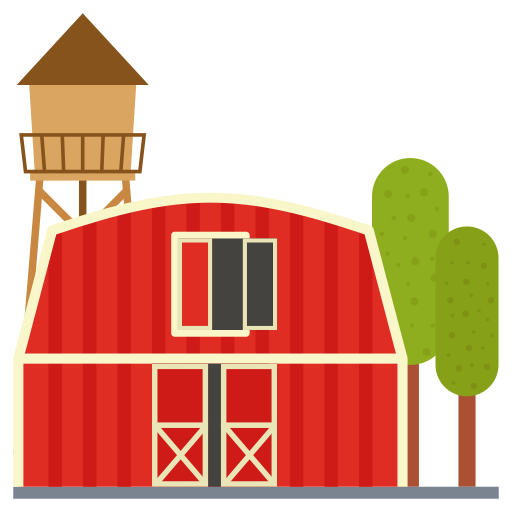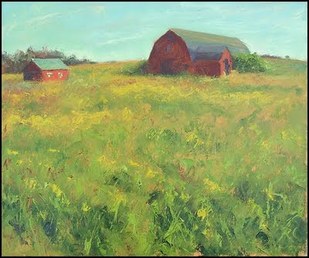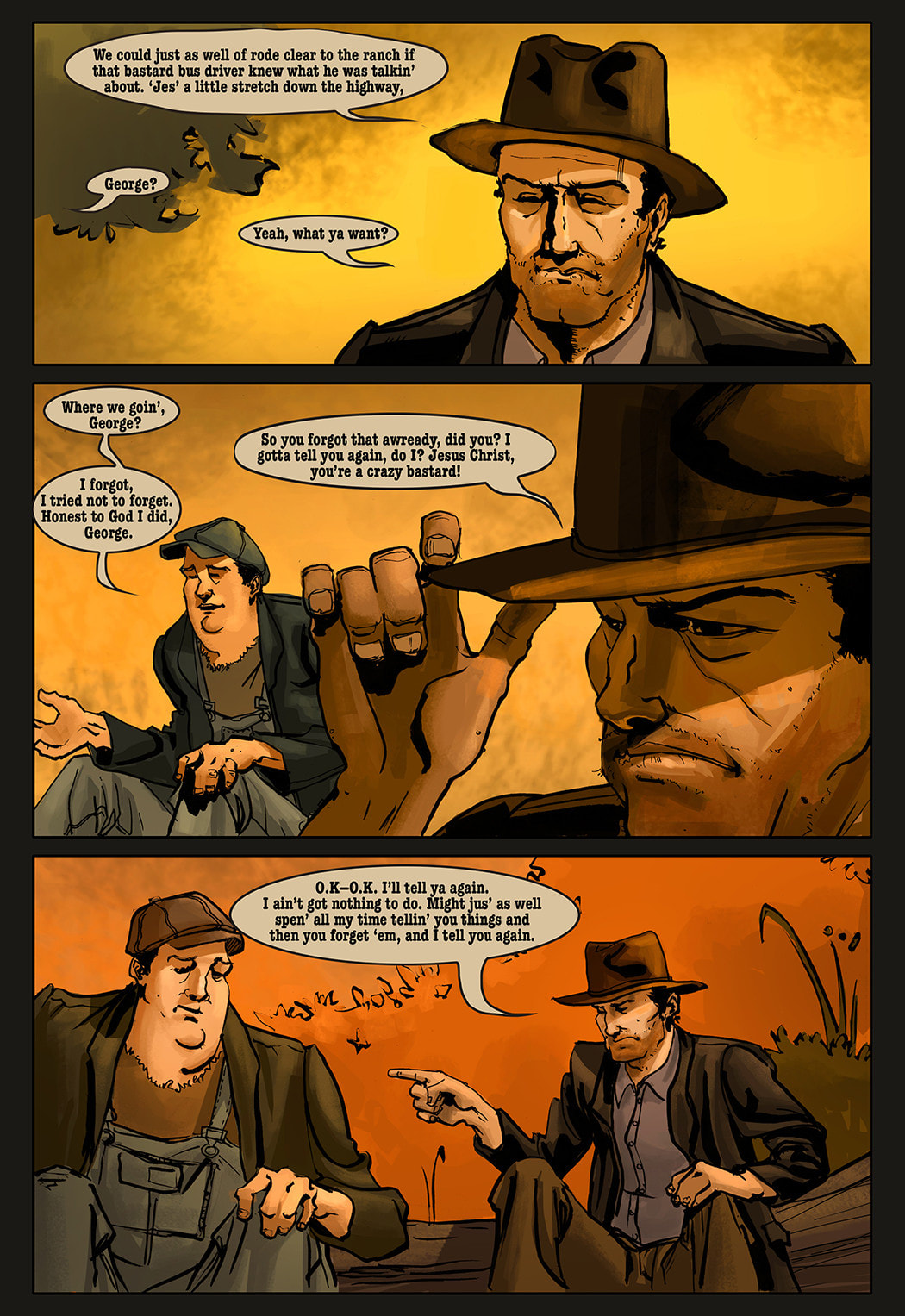When Lennie and George arrive at the ranch, they are scolded [be scolded] by the boss for being late. On the ranch, the boss is depicted as a ruthless [hard and cruel] character who bullies and scapegoats /ˈskeɪpɡəʊt/ the only African-American man on the farm. For example, he uses the term ‘nigger’ which is a very offensive slang word used to refer to a black person.
The ranch is portrayed [shown] as a place that is hostile to minorities and marginalized people [outcast people].
The ranch is portrayed [shown] as a place that is hostile to minorities and marginalized people [outcast people].
Contenu reservé aux membres | Member Only ContentConnectez-vous pour lire la suite | Sign in to read more
|
If you are already logged in, please scroll down. | Si vous êtes déjà connecté, veuillez descendre.
|
|
|
This foreshadows [foreshadow something to be a sign of something that will happen in the future] nothing good for George and Lennie since [puisque] the two friends can also be considered as marginalized individuals because of the unusual nature of their relationship.
|
The boss who runs the ranch will not let anything slip past him [il ne laisse rien passer] and wants to assertcomplete control over his employees. Right from the start, it is worth mentioning that the boss is very suspicious [distrustful] of Lennie’s and George’s behaviours because George will not let Lennie speak: ‘the boss turned on George. ‘Then why don’t you let him answer? What you trying to put over?’
|
The boss thinks that George is hiding something and that he is up to something [be up to something = (to) do something mischievous or scheming.]. It is also worth quoting the boss when said ‘Milton. I got my eyes on you’. Furthermore, the boss blames both friends for being late and insists on asking for their full names. Tjis attitude reflects the harsh [cruel, severe and unkind] conditions in which people in dire straits [in a very bad or difficult situation] had to work.
This cartoon is the perfect illustration of the relationship between the two men.
Source: https://steersdrawings.artstation.com/projects/agO9
Source: https://steersdrawings.artstation.com/projects/agO9
Conclusion on the ranch
In the novel [roman], the ranch serves as a microcosm /ˈmaɪkrəʊkɒzəm/ [a community, place, or situation regarded as encapsulating in miniature the characteristics of something much larger] of the landscape of the American West during The Great Depression. The ranch represents all the features of 1930s’American West and allows the reader to catch a glimpse of what was life like for minorities at the time.
The ranch is depicted as a heartless /ˈhɑːtləs/ place dominated by tough-skinned white labourers with little regard [avec peu de considération] for the weak or elderly.
Steinbeck portrays here a callous /ˈkæləs/ [not caring about other people’s feelings, pain or problems] society in which African-Americans, women /ˈwɪmɪn/ and disabled people have to endure [to experience and deal with something that is painful or unpleasant without giving up] suffering and repeated [relentless, renewed, systematic] persecution.
The ranch is depicted as a heartless /ˈhɑːtləs/ place dominated by tough-skinned white labourers with little regard [avec peu de considération] for the weak or elderly.
Steinbeck portrays here a callous /ˈkæləs/ [not caring about other people’s feelings, pain or problems] society in which African-Americans, women /ˈwɪmɪn/ and disabled people have to endure [to experience and deal with something that is painful or unpleasant without giving up] suffering and repeated [relentless, renewed, systematic] persecution.
Analysis (Literature)




